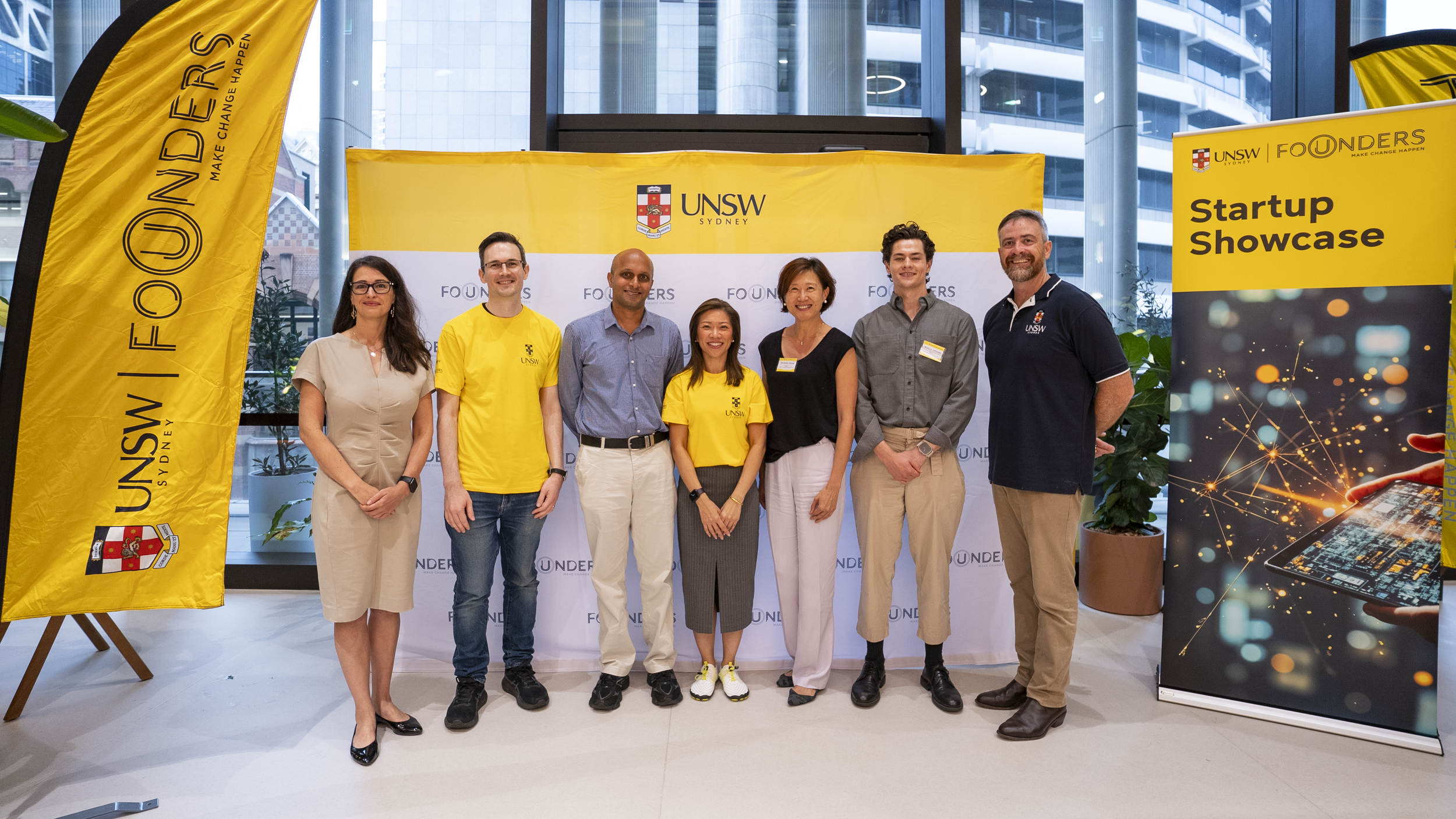Every student should know this: Not every business is a startup
By William Nguyen3 min read · April 3, 2025At uni, it feels like everyone’s either launching a startup or dreaming about opening their own cafe. But there’s a big difference between the two and knowing which one you’re building can save you time, money and a whole lot of stress.
You might be thinking “Does it really matter?”
Short answer: Yes.
Long answer: If you want to fund, grow and scale your business (or just keep it running), you need to know if you’re playing the startup game or the small business game.
Let’s break it down.
1. What is a small business?
A small business is usually a self-funded, profitable operation from the early stages. The business model is clear and proven, typically selling products or services to a local or regional market.
Small businesses focus on steady income, long-term sustainability and building a loyal customer base. The founder often owns 100% of the company and isn’t looking to attract external investors or scale globally.
👉 Example:
Imagine you start a tutoring service for high school students in your area. You grow through word of mouth and earn a consistent income. No investors needed. That’s a small business.
2. What is a startup?
A startup is a temporary organisation formed to discover a scalable, repeatable business model. It usually begins with an unproven idea aimed at solving a significant problem or disrupting an industry through innovation or technology. Startups prioritise rapid growth over early profitability and often seek venture capital or angel investment to fuel their expansion.
👉 Example:
Afterpay, founded in 2014, introduced a Buy Now, Pay Later model that changed how consumers pay for products. It scaled rapidly across multiple continents before being acquired by Block Inc. for $39 billion in 2021. This kind of rapid, expansive growth is typical of successful startups.
3. How are they funded?
Small businesses
Small businesses typically rely on personal savings, bank loans, or help from family and friends. Owners usually retain full control of the business.
Startups
Startups often seek venture capital, angel investors or participate in accelerator programs. They frequently trade equity in exchange for capital. This funding supports rapid scaling but means founders often give up some ownership.
📝 Fact: In 2022, Australian startups raised over $7.4 billion AUD in venture funding. Early investors in companies like Canva and Atlassian played a major role in helping these companies scale globally.
4. Exit plan?
Small Businesses often stay owner operated. Success is measured by steady profits, customer loyalty and long-term sustainability. Many are passed down through families or sold privately.
Startups are typically designed for rapid scale and a planned exit - either through an Initial Public Offering (IPO) or an acquisition by a larger company. Afterpay’s $39 billion sale to Block Inc. is a prime example.
5. Key differences between a Startup and a Small Business
Source: UNSW Founders
So… Which one are you building?
Ask yourself these questions:
Do you want to own your business long-term, be profitable early, and serve a focused customer base? → You’re likely building a small business.
Are you aiming to disrupt an industry, scale rapidly and attract significant investment?
→ You’re likely building a startup.
Both paths require hard work, commitment and a clear strategy - but the approach, the funding and the growth expectations are very different.
Final thoughts
Whether you want to launch a tutoring service, open a cafe or create an app that changes an industry, understanding the difference between is essential. This will define your path - from how you raise funds to how you grow and scale.
Start by asking yourself:
What’s my vision?
How big do I want to go?
How much risk am I ready to take?
Have a startup idea? Let’s make it happen.
At UNSW Founders, we help students, staff and alumni turn bold ideas into scalable startups. Whether you’re at the beginning of your journey or ready to grow, our FREE programs, mentorship and funding opportunities can help you go further and faster.
Click on this emoji 🤔 below to find the right program for you.
Social Media Assistant
William is the guy behind the posts at UNSW Founders. He’s currently studying Education and Media Arts at UNSW, with a soft spot for storytelling that helps students back themselves - whether it’s launching a side hustle, starting a business or just figuring out what’s next. Outside of work, he’s usually at a concert, listening to jazz, eating his weight in seafood or making TikToks (for fun and research). Fun fact: he can turn literally anything into a LinkedIn post.
Similar to this article











